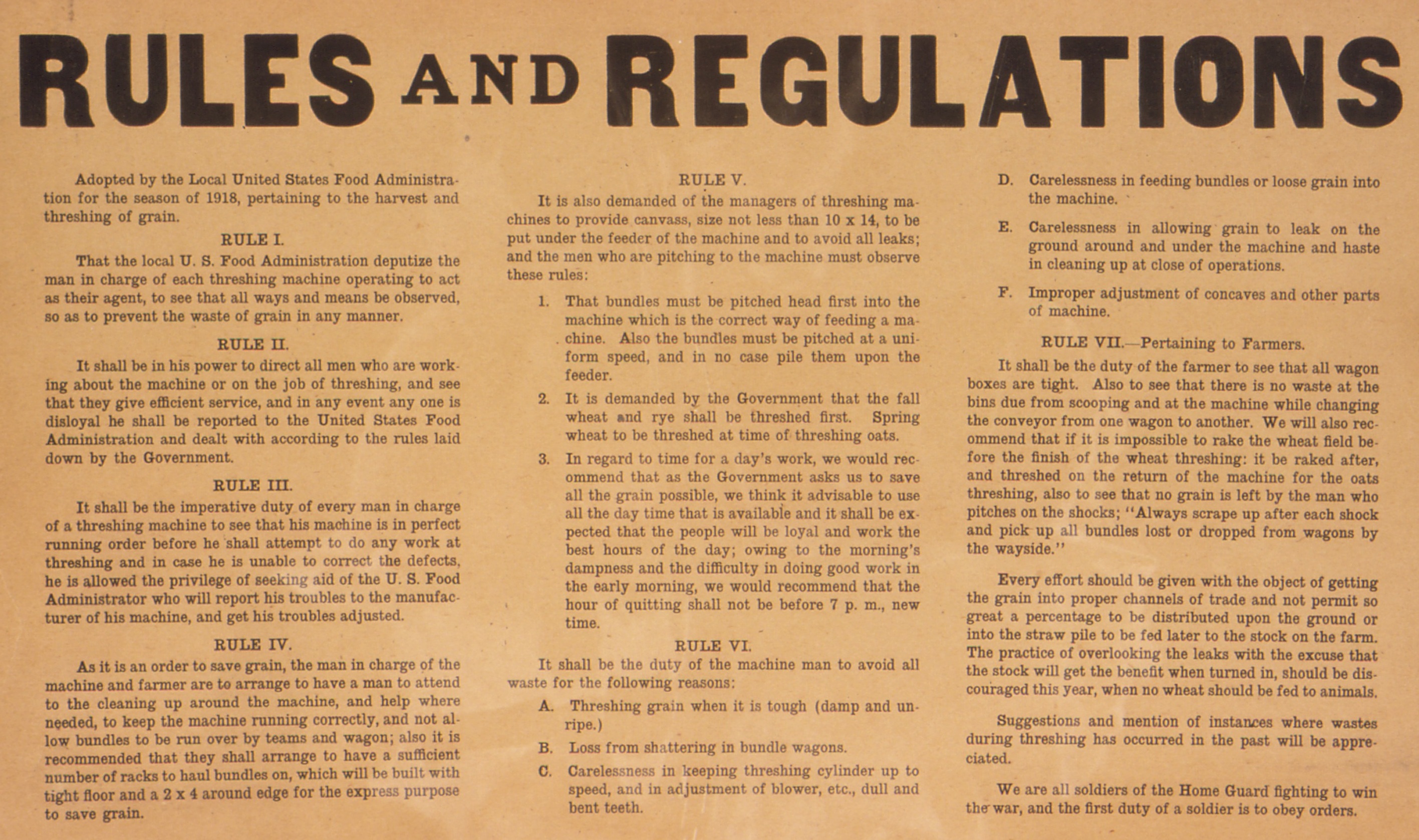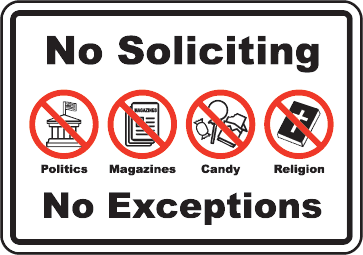
Just a little over ten years ago, the business of promoting your music to an audience was a very different animal indeed.
Certainly, Napster had hit and its impact was being felt to some degree. But the relative position, given the seismic shifts to come, was much closer to the heyday of major record labels, rather than the almost fully digital music world we see before us today.
The Lefsetz Letter is currently on a “Now & Then” kick, comparing various music and media approaches in a pre- and post-digital environment. This holds value in music marketing terms as well, so here are my thoughts as to how it relates to the Man Your Virtual Merch Table series that we’ve been running.
Music Marketing in the Digital Era
Then
You had limited access to the mass marketing resources and distribution needed to reach fans. Signing a deal with an established label rapidly accelerated your visibility, via a few mass broadcast channels to fans.
Now
You have direct access to fans, limited only by the amount of time they spend online and the attention they pay to music. The cost is the time you invest, meaning that you need to choose the places carefully. Signing a deal with a more traditional company is no guarantee of success and needs to be done on your own terms (if it comes up at all, as investment in developing artists has plunged from these sources).
Then
Communication was to your audience and the channels limited. A certain distance from fans was to be expected, perhaps even aspired to, in order to maintain that “rock star” mythology.
Now
Communication is to your community and the channels are almost limitless. Distance from fans is impossible for all but the most enigmatic and talented of artists. Direct relationships, collaborative efforts, and the art of asking are the order of the day.
Then
Recorded music was scarce and expensive, relatively speaking. Selling your record was the main focus of both marketing and touring, and listeners invested in the album purchase and built relationships with artists from there.
Now
Recorded music is abundant and inexpensive, often free. Selling a record, even a digital album, is the product of having built a relationship with listeners already, often on the basis of streaming music singles from your site or social networks. You need to think more widely about what routes and products you offer for fans to invest in you, the artist. From crowd funding an album before it iss fully conceived to purchasing a diverse range of merchandise, you develop relationships first, get the sale second.
 Then
Then
Album cycles were the basis for promotional campaigns, usually on a record > press/hype > release > tour model. Release dates were widely anticipated, reviews and radio coverage important, first week sales and the resulting chart positions vital.
Now
Albums themselves may be passing into obscurity, with the format prevailing more for reasons of familiarity than necessity.
Lead time from recording to release is almost non-existent for independent artists, who can create music at home and release in the time it takes to upload a file. Single songs catch the attention (if you’re lucky) and build interest in subsequent releases, be they albums, EPs, or whatever the artist feels most comfortable with. Traditional release models are thrown out of the window, coverage is fractured and often to a niche audience via many small websites, charts are arbitrary as no one measure covers digital interest to any degree of accuracy.
Make Your Own Marketing Schedule
The final point there is a suitable one to leave you chewing on, as there are almost no rules right now.
New marketing standards and filters may well be developed in the years to come but, as it stands, the only limitations are those of your time and creativity. Traditional elements of communication to fans, press coverage, touring, and hype all remain key elements in raising awareness of your music, but the balance and structure of them is entirely up to you.
My recommendation is to experiment. Push the boundaries of what you’ve done before, be it pricing, promotional stunts, release format, or the type of press you approach to cover you. Move from a “why?” to a “why not?” mentality as you generate ideas to market your music, viewing traditional standards with suspicion and probing the potential of more outlandish promotional ideas.


